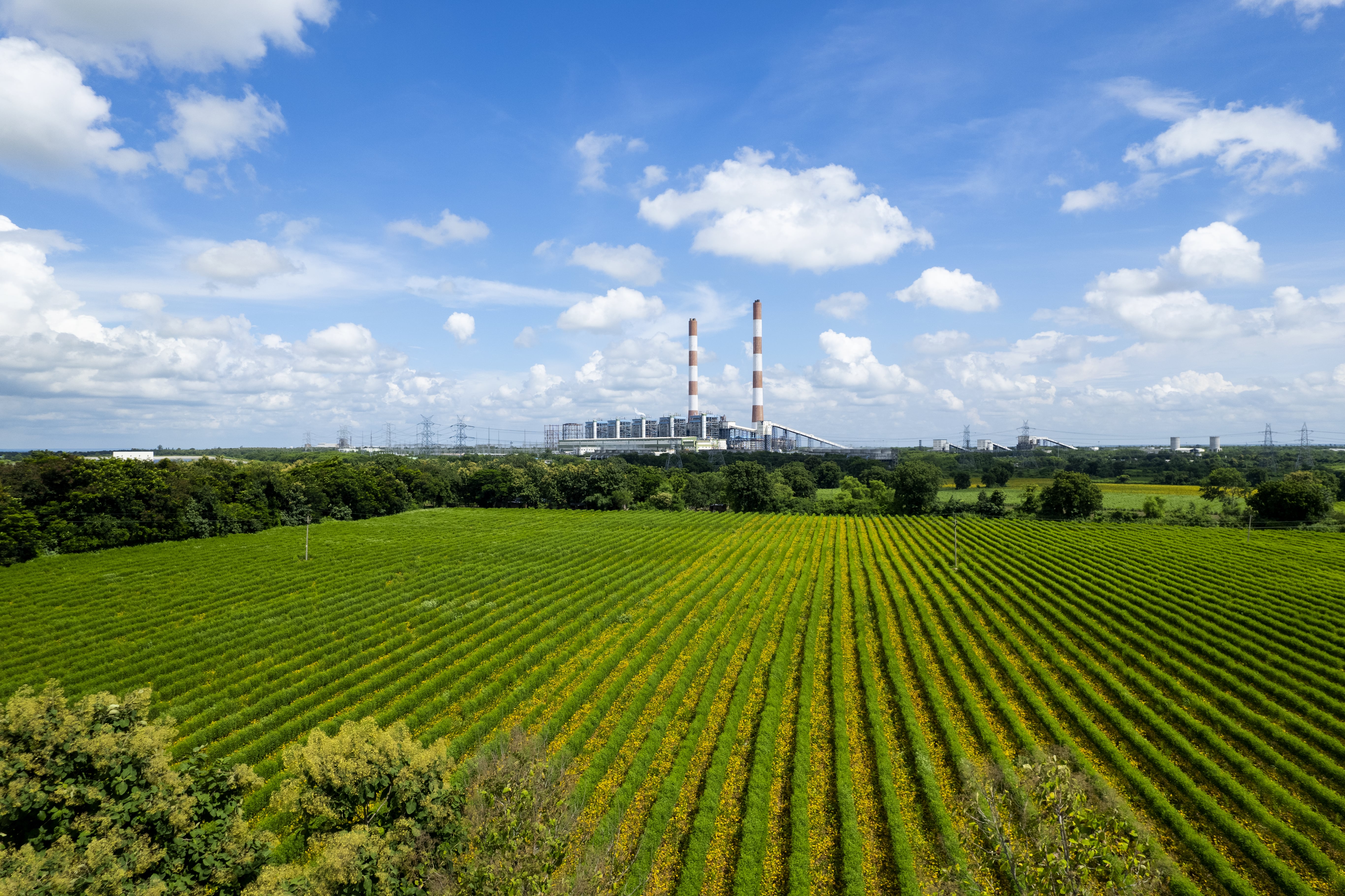82 million tonnes of CO2 emissions-equal to 19.2 million cars driven for a year-potentially avoided in 2024, due to UNIDO’s projects under the Montreal Protocol
24 February 2025

Around 82 million metric tonnes of Carbon dioxide (CO2) equivalent emissions, roughly comparable to the emissions from 19.2 million passenger vehicles driven for a year, were avoided due to the United Nations Industrial Development Organization (UNIDO)’s projects under the Montreal Protocol in 2024.
Disclosing the latest statistics, Alois Mhlanga, Chief of UNIDO’s Climate Innovation and Montreal Protocol division said that the CO2 emissions were comparable to the energy needs of 11 million homes in the US or equal to 1.3 billion tree saplings grown for ten years.
Considered as one of the global environmental successes, the Montreal Protocol has helped prevent approximately 443 million cases of skin cancer, 2.3 million skin cancer deaths, and 63 million cases of cataracts in the United States alone, for people born in the years 1890–2100, according to an estimate by the US Environmental Protection Agency.
In 2023, the CO2 emissions figures were 41 million tonnes, and this year’s figure almost doubled owing to the project approvals in countries with high consumption of hydrochlorofluorocarbons (HCFCs) and hydrofluorocarbons (HFCs).These are groups of industrial chemicals, primarily used in the air-conditioning and refrigeration, aerosols, foams, and solvents sector. While HCFCs cause damage to the ozone layer, the HFCs are ozone friendly but are powerful greenhouse gases causing global warming.
The Kigali Amendment to the Montreal Protocol, which is ratified by over 160 countries till date, seeks to reduce the use of HFCs by up to 80% in the next 20 years. A global implementation of the Kigali Amendment is expected to reduce the global warming by 0.5°C by the end of this century and combined with energy efficiency measures, the benefits could double. This contributes substantially to the goals of the Paris Agreement on Climate Change to limit global warming to well below 2.0°C.
“As an implementing agency of the Montreal Protocol, UNIDO is committed to build and strengthen ecosystems (policies, regulations, institutions, technologies and practices) to provide member-states with the opportunity to forge low-carbon economies," Mr. Mhlanga said. Since 2010, UNIDO has supported over 448 enterprises in 98 countries to transition to climate-friendly production processes under the Montreal Protocol, he added.
For further information:
Chief
Climate Innovation and Montreal Protocol division